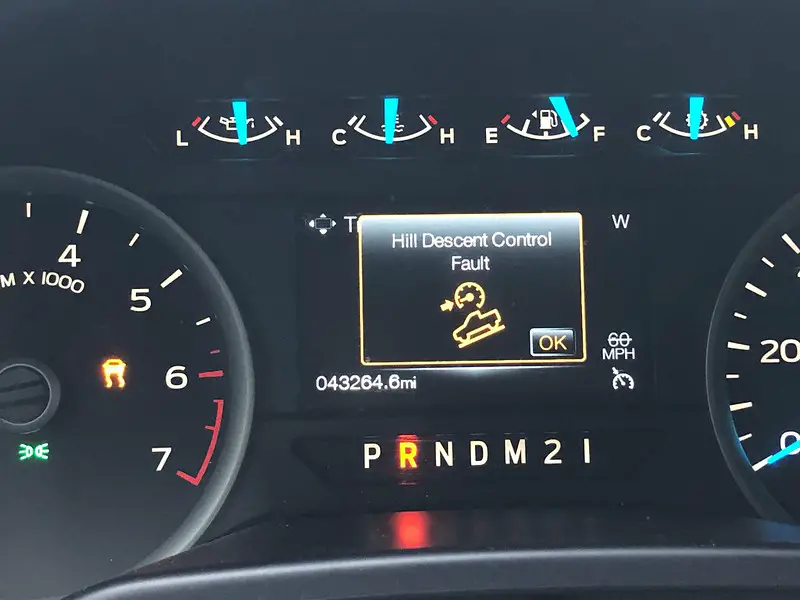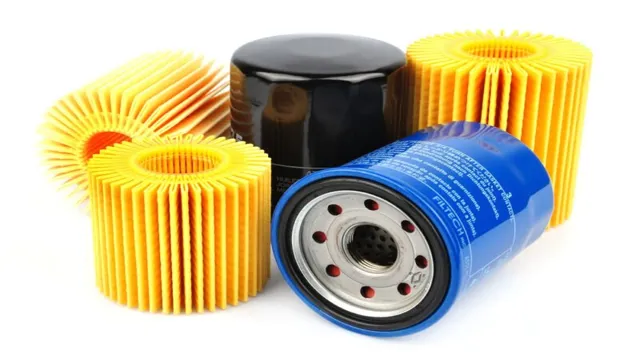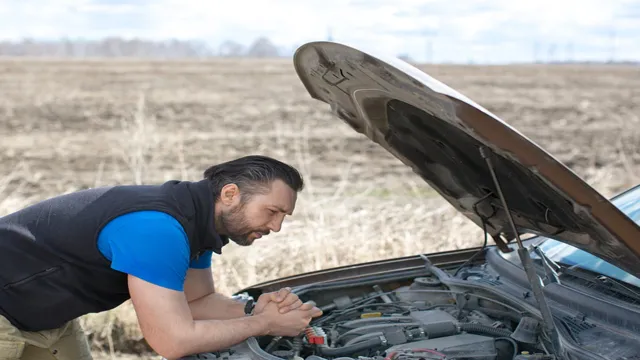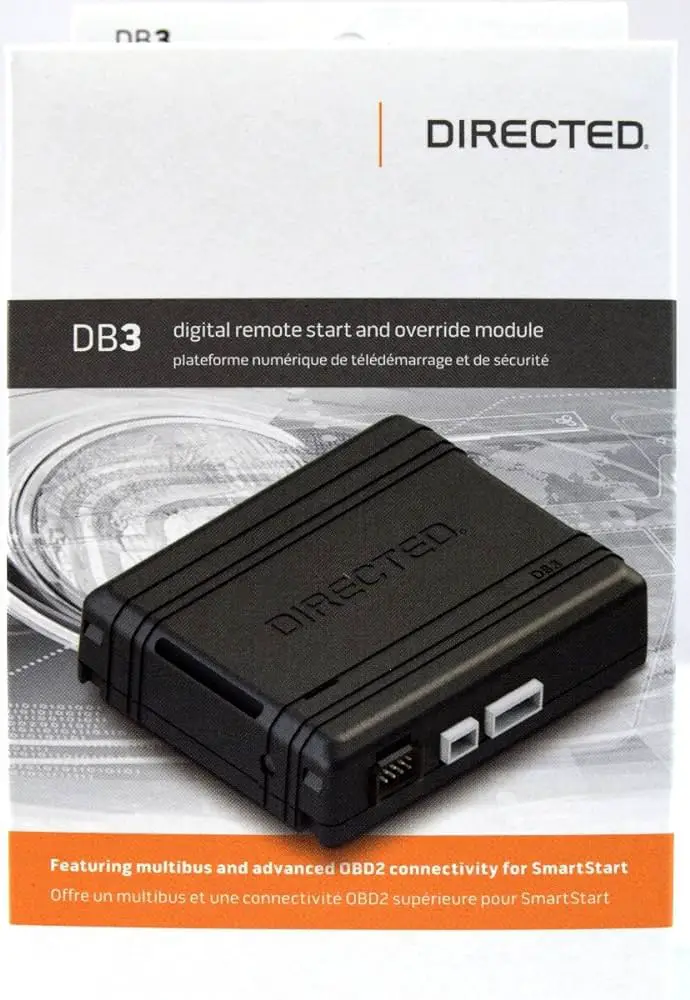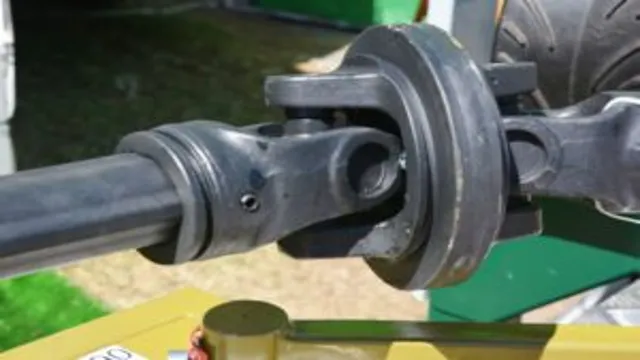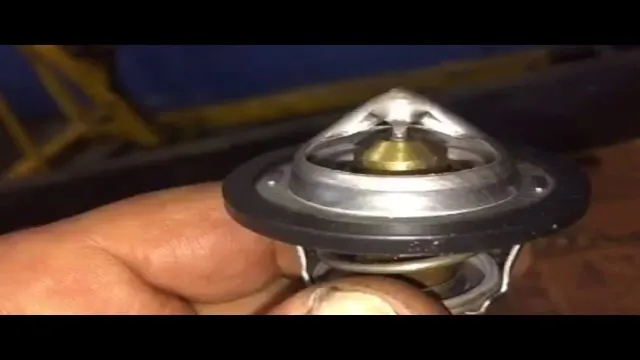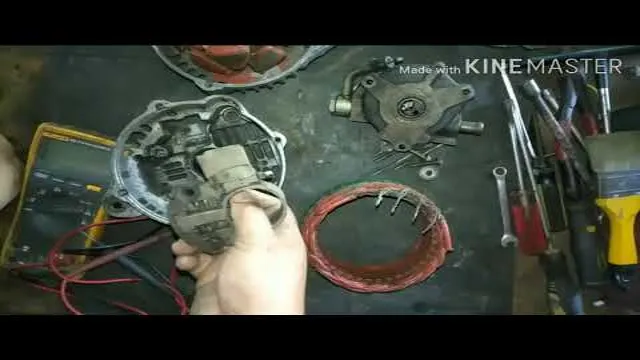How to Fix Hill Descent Control Fault
Many modern vehicles are equipped with advanced safety features, including Hill Descent Control (HDC). HDC is designed to assist drivers when descending steep hills by automatically controlling the vehicle’s speed and braking. However, just like any other system in a vehicle, HDC can sometimes experience faults or malfunctions. In this guide, we’ll discuss how to troubleshoot and fix Hill Descent Control faults.
1. Understanding Hill Descent Control
Before we delve into fixing HDC faults, it’s essential to understand how the system works. HDC uses the vehicle’s anti-lock braking system (ABS) to regulate speed when descending steep grades. It allows the vehicle to maintain a controlled and steady speed without the driver needing to constantly apply the brakes.
2. Identifying HDC Faults
When there’s a fault with the HDC system, drivers may notice warning lights or messages on the dashboard indicating an issue. Common signs of HDC faults include:
- Dashboard warning light for HDC
- “Hill Descent Control Fault” message
- Inability to engage HDC when driving on steep slopes
3. Troubleshooting HDC Faults
Once you’ve identified an issue with the Hill Descent Control system, it’s time to troubleshoot the problem. Here’s a step-by-step guide to help you diagnose and fix HDC faults:
Check The Sensors
HDC relies on various sensors to function correctly. Begin by inspecting the wheel speed sensors, which provide crucial data to the HDC system. Look for any signs of damage or corrosion, and clean the sensors if necessary. Additionally, ensure that the yaw rate and steering angle sensors are in good condition.
Inspect The Wiring And Connectors
Electrical issues can often cause HDC faults. Thoroughly examine the wiring harness and connectors associated with the HDC system. Look for frayed wires, loose connections, or corrosion. Address any issues found during the inspection and ensure that the connections are secure.
Check The Abs System
Since HDC utilizes the vehicle’s ABS system, any malfunctions in the ABS can affect HDC performance. Use a diagnostic tool to scan for ABS-related error codes. If there are any ABS faults, address them accordingly, as resolving ABS issues may also resolve HDC faults.
Monitor The Vehicle Battery
A weak or failing battery can impact the overall performance of vehicle systems, including HDC. Ensure that the battery is in good condition and holding a proper charge. If the battery is old or showing signs of deterioration, consider replacing it to rule out potential electrical issues.
4. Seek Professional Assistance
If you’ve gone through the troubleshooting steps and are unable to resolve the HDC fault, it’s advisable to seek the expertise of a qualified mechanic or dealership. They have the proper diagnostic tools and technical knowledge to pinpoint and repair complex system faults.
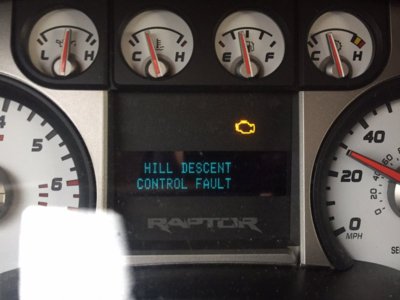
Credit: www.fordraptorforum.com
5. Final Thoughts
HDC is a valuable feature that enhances vehicle safety and control when navigating downhill terrain. By understanding the common signs of HDC faults and following the troubleshooting steps outlined in this guide, drivers can effectively address issues with the Hill Descent Control system, ensuring a safer and more reliable driving experience.
Frequently Asked Questions Of How To Fix Hill Descent Control Fault
What Causes A Hill Descent Control Fault?
The most common causes are sensor issues or electrical malfunctions in the system.
How To Diagnose A Hill Descent Control Fault?
Use a diagnostic tool to scan for error codes and perform a visual inspection of the system.
Can A Hill Descent Control Fault Be Fixed At Home?
Simple issues like sensor recalibration can be done at home, but complex faults should be handled by a professional.
Is Driving With A Hill Descent Control Fault Dangerous?
It can affect the vehicle’s stability on steep terrains, so it’s best to address the issue promptly.

